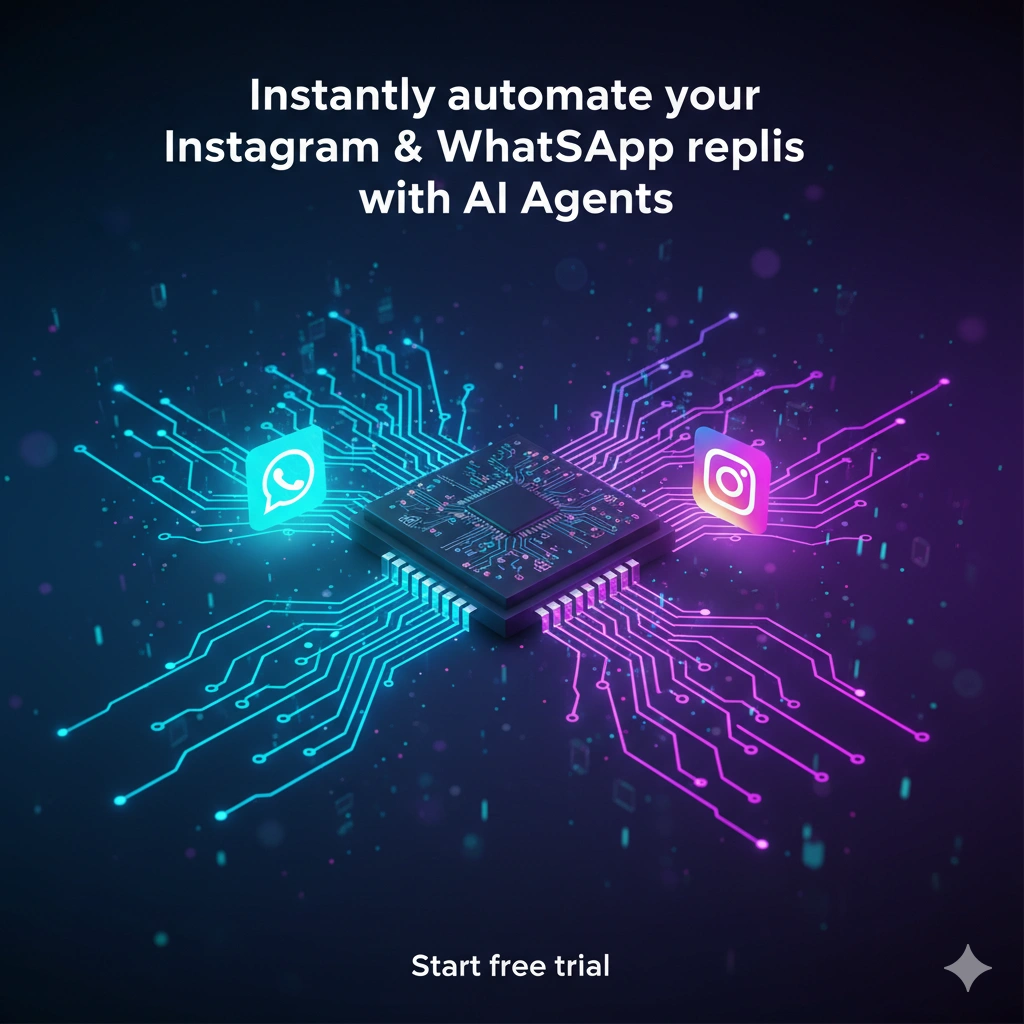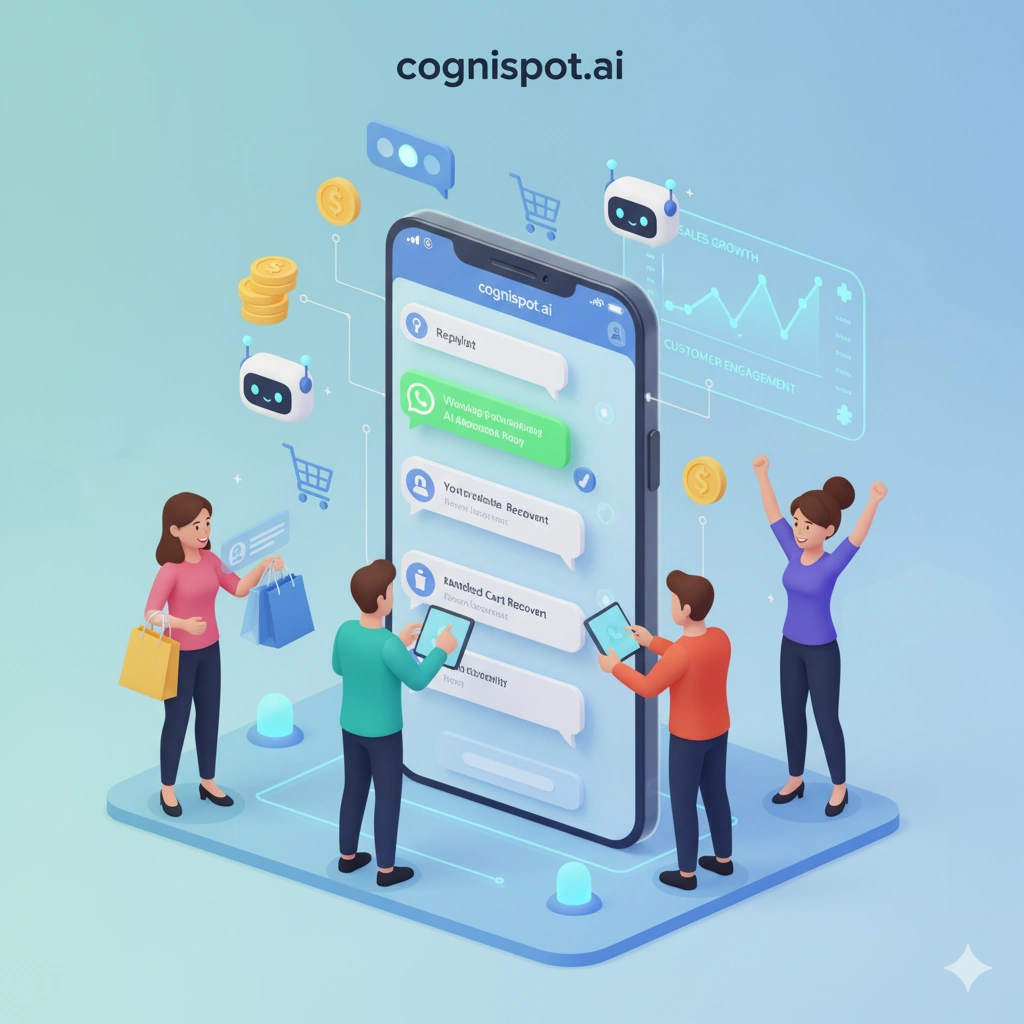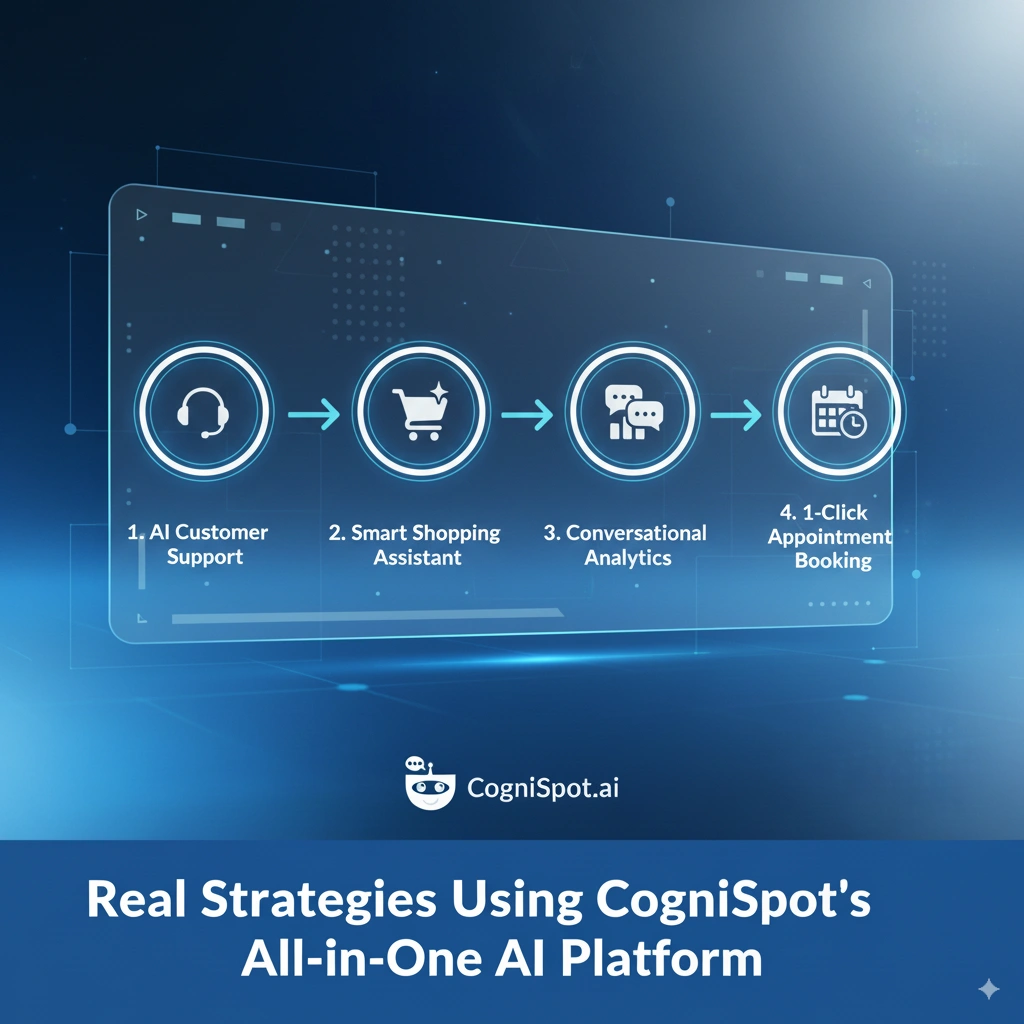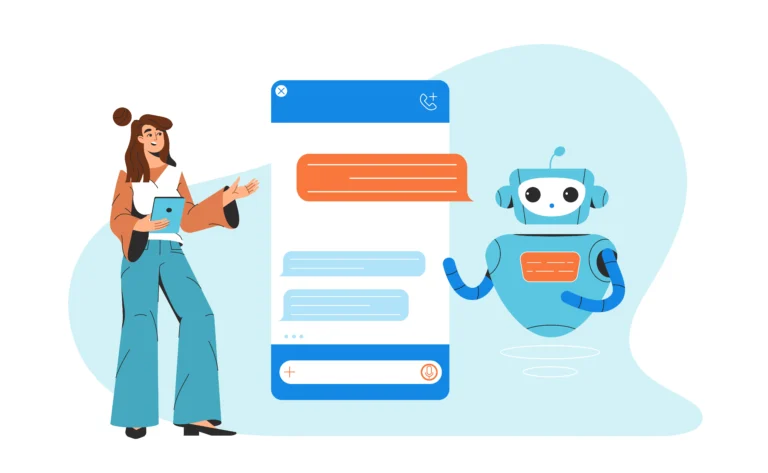Introduction to AI-powered customer engagement
In a world where customer expectations are rising faster than ever, businesses must adapt to stay ahead. Enter AI-powered customer engagement—a game-changer that transforms how companies interact with their audiences. With the ability to analyze vast amounts of data and predict user behavior, artificial intelligence is redefining what it means to connect with customers.
Imagine providing tailored experiences in real-time or anticipating inquiries before they even arise. This isn’t just futuristic thinking; it’s happening now across various industries. Organizations leveraging AI technologies can foster genuine relationships, boost brand loyalty, and drive significant growth.
As we delve deeper into this fascinating topic, you’ll discover why embracing AI-powered customer engagement isn’t merely an option—it’s essential for thriving in today’s digital landscape. Whether you’re a small business owner or part of a large corporation, understanding how to utilize these tools can set you apart from the competition. Let’s explore this exciting realm together!
Benefits of using AI for customer engagement
AI for customer engagement transforms the way businesses interact with their audience. By harnessing data analytics, companies can personalize experiences in real-time. This tailored approach makes customers feel valued and understood.
Automation is another key advantage. Chatbots handle inquiries around the clock, providing instant responses to common questions. This not only enhances efficiency but also allows human agents to focus on more complex issues.
Moreover, AI identifies trends and patterns in customer behavior. Insights gained from this analysis empower businesses to anticipate needs and preferences, ultimately leading to improved satisfaction rates.
Cost-effectiveness cannot be overlooked either. Streamlined operations reduce overhead while maximizing impact. With AI’s ability to manage multiple interactions simultaneously, resources are optimized without sacrificing quality or attention on individual customers.
Implementing AI fosters deeper relationships between brands and consumers by creating a seamless experience that resonates across digital platforms.

Top industries and companies utilizing AI for customer engagement
Various industries are harnessing the power of AI for customer engagement, transforming how they interact with their audiences.
Retail is at the forefront. Companies like Amazon utilize AI to offer personalized recommendations, enhancing the shopping experience and driving sales.
In finance, banks such as Wells Fargo implement chatbots that answer customer queries in real-time, streamlining service and building trust.
Healthcare also benefits significantly. Organizations like Mayo Clinic use AI to analyze patient data, facilitating tailored communication and improving outcomes.
The travel industry isn’t left behind either. Brands like Expedia leverage AI-driven tools to provide personalized trip suggestions based on user preferences and past behavior.
These examples illustrate just a fraction of how diverse sectors are embracing AI-powered customer engagement strategies to foster stronger relationships with their clientele.
How AI improves customer experience and drives growth
AI transforms customer experience by personalizing interactions. It analyzes data to understand individual preferences and behaviors, allowing brands to tailor their messaging accordingly.
Chatbots are a prime example of AI in action. They provide instant responses, ensuring that customers feel heard and valued at any hour of the day. This immediate support enhances satisfaction and builds trust.
Moreover, predictive analytics helps companies anticipate customer needs. By understanding trends, businesses can offer relevant products or services before customers even realize they want them.
Automating routine tasks frees up human agents for more complex queries. This leads to faster resolutions and a smoother overall experience for users.
As engagement deepens through personalized experiences, loyalty grows naturally. Satisfied customers are more likely to return and advocate for the brand within their networks, driving sustained growth over time.
Case studies: successful implementation of AI-powered customer engagement
One standout example of AI-powered customer engagement is Starbucks. They leverage machine learning algorithms to analyze purchase history and preferences, creating personalized offers for customers through their app. This not only drives sales but also enhances customer loyalty.
Another impressive case is Sephora. The beauty retailer uses AI chatbots on its website and mobile app to provide real-time product recommendations based on individual needs. Customers can receive tailored advice without waiting for a human representative, making the shopping experience more efficient.
Netflix illustrates yet another successful implementation by utilizing advanced algorithms to suggest content based on viewing habits. This keeps users engaged and encourages longer subscription durations.
These examples showcase how diverse industries harness AI technologies to create seamless interactions that resonate with their audiences, fostering both growth and loyalty in the process.
Challenges and limitations of using AI for customer engagement
Implementing AI-powered customer engagement comes with its own set of challenges. One primary concern is data privacy. Customers are increasingly wary of how their information is used, and missteps can lead to mistrust.
Additionally, while AI algorithms can analyze vast amounts of data, they may struggle to accurately interpret nuanced human emotions or complex inquiries. This limitation could result in responses that feel impersonal or robotic.
Integration poses another hurdle. Businesses often face difficulties merging these advanced systems with existing platforms and processes, leading to disruptions in service quality.
Moreover, the initial investment in technology and training employees can be significant. Smaller companies might find it hard to allocate resources for a robust AI system.
There’s the ever-present challenge of keeping up with rapid technological advancements. Staying relevant requires constant updates and adaptations that not every organization is prepared for.
Future of AI in customer engagement
The future of AI in customer engagement looks promising and transformative. As technology evolves, so will the tools available to businesses. Advanced algorithms will enable more personalized interactions tailored to individual preferences.
Imagine chatbots that not only understand context but can also predict needs before customers express them. This level of anticipation could redefine service standards across industries.
Moreover, augmented reality and virtual reality are likely to integrate with AI systems, creating immersive experiences that engage customers on a deeper level. Brands may harness these technologies for product demonstrations or virtual store tours.
Data privacy concerns remain a critical consideration. Companies will need robust strategies to maintain trust while delivering enhanced personalization through AI-driven insights.
Collaboration between human representatives and intelligent systems is set to become the norm, combining emotional intelligence with data-driven recommendations for superior outcomes in customer satisfaction.
Conclusion
AI-powered customer engagement is transforming the way businesses interact with their customers. With its ability to analyze vast amounts of data, AI enables personalized experiences that resonate on a deeper level. Companies leveraging this technology are not only enhancing satisfaction but also driving loyalty and growth.
The benefits are clear: improved efficiency, better insights into customer behavior, and tailored communication strategies lead to stronger relationships. Industries ranging from retail to finance have seen remarkable results by integrating AI tools into their customer engagement strategies.
However, it’s essential to recognize the challenges that come along with adopting AI solutions. Data privacy concerns and implementation costs can pose significant hurdles for businesses looking to innovate in this space.
As we look ahead, the future of AI in customer engagement appears bright. New advancements will continue to shape how companies connect with customers across digital platforms. Embracing these changes now could be crucial for staying competitive in an increasingly digital world.
Adopting AI-driven approaches may well determine which brands thrive as consumer expectations evolve rapidly.













